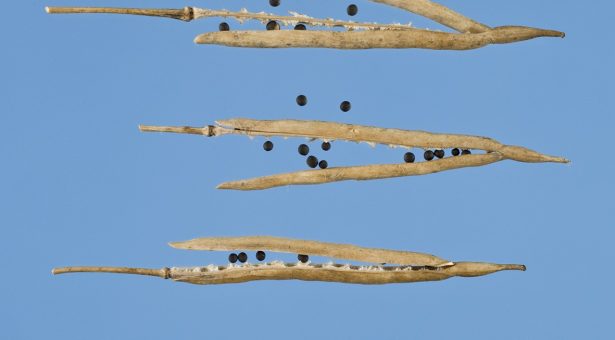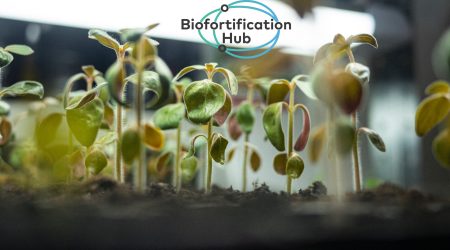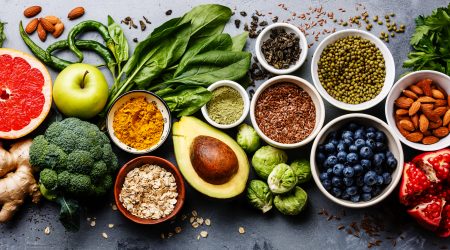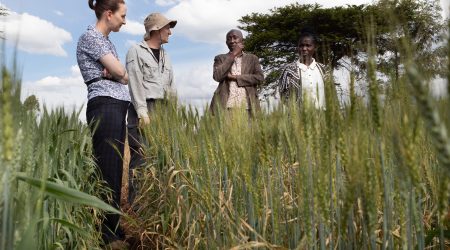Shatter resistant Brassicas

An international team of scientists has cracked the problem of pod shatter in brassica crops such as oilseed rape.
Just before harvest, oilseed rape pods are prone to shatter, causing a 10-25% loss of seeds and up to 70% in some cases.
“By artificially producing a hormone in a specific region of the fruit, we have stopped the fruit opening in the related model plant Arabidopsis, completely sealing the seeds inside,” says Dr Lars Østergaard from the John Innes Centre.
“We need to refine the process for use in agriculture to reduce seed loss but still allowing them to be easily harvested.
The scientists discovered that the absence of the hormone auxin in a layer of cells in the fruit is necessary for the fruit to open. Two stripes of tissue form where no auxin is present, and these separate to open the pod.
It is already known that proper plant development, such as organ growth and patterning, requires specific hormones to accumulate in specific regions. This is the first time that removal of a hormone has been found to be important for cell fate and growth.
Oilseed rape is grown for its tiny black oil-containing seeds, prized for cooking oil and margarines low in saturated fat, and increasingly for biodiesel. The meal that remains after oil extraction is also used as a high protein animal feed.
Brassica plants normally disperse their seeds by a pod-shattering mechanism. Although this mechanism is an advantage in nature, it is one of the biggest problems in farming oilseed rape. As well as losing valuable seeds, it results in runaway ‘volunteer’ seedlings that contaminate the next crop in the rotation cycle.
If rape seeds are harvested early to get round the problem, immature seeds may be collected which are of an inferior quality.
Oilseed rape is relatively undeveloped in breeding terms when compared to wheat and other crops. It retains characteristics of a wild plant including maximising seed dispersal.
John Innes Centre scientists are also researching genetic solutions to reduce pod shatter and to improve breeding of the crop.



